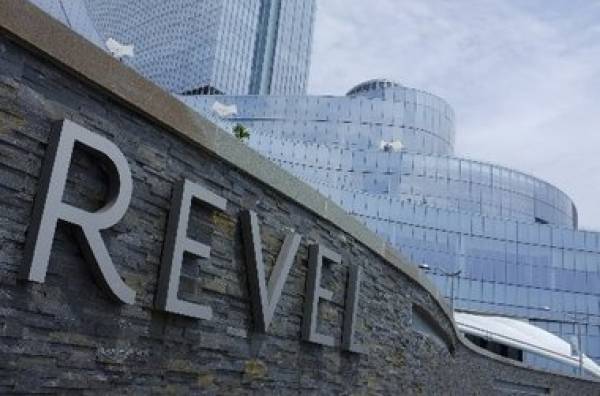Caesars May Bid for Revel Casino

(Bloomberg) - Caesars Entertainment Corp. is considering making a bid for Revel Casino Hotel, the Atlantic City, New Jersey, property that went through bankruptcy last year, according to people with knowledge of the situation.
A bid from Caesars isn't certain, said the people, who asked not to be named because deliberations are private. Offers for the property, which opened in April 2012, are due in two weeks, and no negotiations are under way, they said.
Revel, built for $2.6 billion, would spruce up Caesars' aging portfolio in Atlantic City, where it is the biggest player, with four properties. The company could use its loyalty program to steer existing customers to the resort, said Robert Heller, president of Spectrum Gaming Capital, a New York-based investment bank.
"They could fill the place," Heller said in an interview. Revel would be "a huge upgrade" for Caesars in the market, he said.
Caesars says it has the largest customer database in the industry. Revel, owned by a group of hedge funds that assumed ownership after the bankruptcy last year, has struggled without a connection to a larger organization.
Hard Rock International, owned by Florida's Seminole tribe, is among the companies interested in making an offer for Revel, the New York Post reported in December. Jill Chandler, a spokeswoman for Hard Rock at The Zimmerman Agency, declined to comment.
Caesars Swaps
Lisa Johnson, a spokeswoman at Lisa Johnson Communications representing Revel, didn't reply to an e-mail seeking comment.
Caesars rose 0.4 percent to $21.24 at 11:43 a.m. in New York. The shares have more than doubled in the past year.
Contracts protecting against Caesars default for five years increased 0.5 percentage point to 54.4 percent upfront as of 9:29 a.m., according to data provider CMA, which is owned by McGraw Hill Financial Inc. and compiles prices quoted by dealers in the privately negotiated market. That's in addition to 5 percent a year, meaning it would cost $5.44 million initially and $500,000 annually to protect $10 million of Caesars debt.













